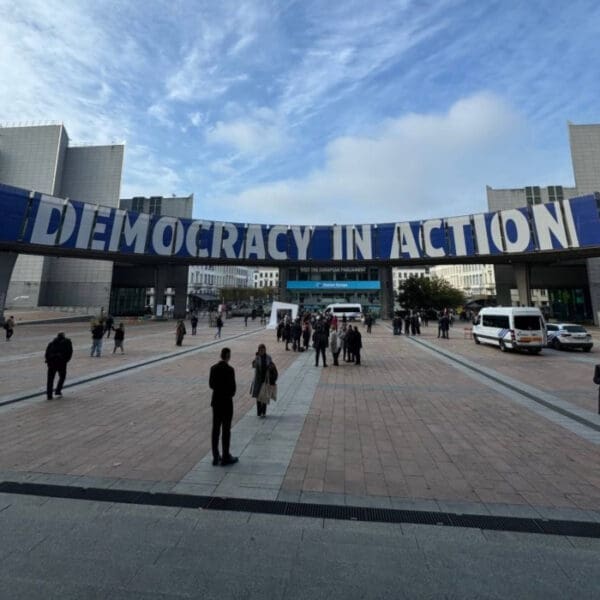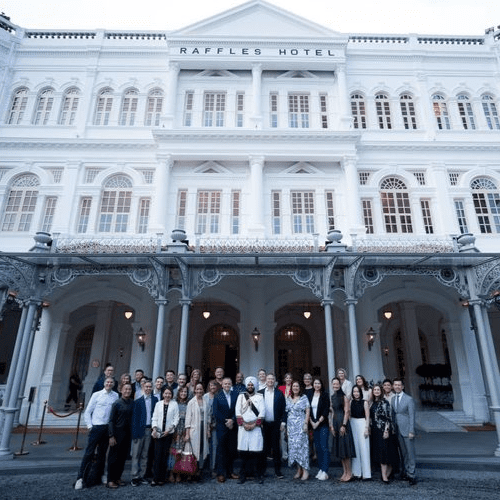As companies expand their markets internationally, it is inevitable their executives will travel to high risk countries more frequently to explore business opportunities and develop partnerships. Managing the risks this presents has its challenges.
On the flip side, this global business trend presents opportunities for hotels in these high risk countries. Hotels can play a key role in growing internationally-based business in their countries, if they implement the security standards the travelling overseas C-level executives (CEO’s, COO’s, CMO, CFO’s, etc.) expect. The hotels that catch the vision and implement globally accepted security standards will grow their businesses and gain a competitive advantage. They will win the confidence and loyalty of international corporations when these companies are convinced their executives will have safe and secure hotel accommodation during their stay in the country.
Travel risks for C-level executives
Hotels in high risk countries should note that international corporations only select those hotels that meet global hotel security standards or corporate safety & security standards as part of their travel risk mitigation strategy. Companies based in the United States, United Kingdom, Germany and Australia, for example, have an obligation to assess and manage risks for every travelling staff member because in those countries, employers have a Duty of Care for every single staffer who is travelling overseas. Risk managers and lawyers, in particular, identify overseas hotels as extended workplaces.
Travel risk managers put all potential risks on the table when they develop a risk mitigation plan for their corporate staff. The planning includes selecting safe airlines, choosing safe travel routes and airport hubs with high safety and security standards. The airport transfer to and from the hotel comes under scrutiny. The planning includes being aware of the level of safety and security the hotel provides guests, knowledge of risks at local and national levels, understanding local and cultural differences and emergency response planning. Reachability in case of an emergency is also considered. If there is an emergency, how can the company get their people to a safe place or out of the country? Is there a consulate presence? A plan-B and even plan-C are put in place in case travel documents are stolen.
The motto, “don’t risk it, if you don’t have to” should apply to every journey. The priority is to ensure nothing happens that could have been avoided. “Avoiding” is a key word in travel risk management. The overall aim of the planning is to ensure that the executive returns home safe and sound.
What are the actual risks in India, for example?
I recently travelled to India on business. The business opportunities for international corporations in India are significant, but the risks need to be managed.
I experienced firsthand the potential risks in that country. For instance, I was told not to leave the hotel alone. Walking around the block or checking out a market in the neighbourhood was out of the question.
First aid and safe, fast transport of a patient to an emergency room is one of the bigger travel risks in the country. One morning I was stuck in traffic on one of the main roads in Delhi for about one hour. I was being driven to a business meeting. Right next to my car was an ambulance with its blue lights flashing as it tried to make its way with a patient to the nearest hospital. No one gave way and the paramedics were not able to get through for more than 45 minutes. I was told that this is quite common in Delhi. Imagine if it would have been you or one of your work colleagues who experienced a heart attack in the hotel and needed urgent medical attention?
When infrastructure problems like this can’t be easily solved (imagine the challenge to solve India’s traffic congestion), it is of great importance to train and qualify hotel staff in first aid and also equip the hotel with an AED (automated external defibrillator) so hotel guests can receive a measure of medical help on site.
Poor fire & safety standards in India are also a big concern. You are more likely to get injured in the event of a fire in a hotel than experience an actual armed robbery or become a victim of a terrorist attack. India’s lax regulations compared to other countries and few-to-no penalties for hotel operators when there is an infringement, makes hotels unsafe in the main. It does not instil confidence in you when you also find out that hotel staff are often not trained to detect anything suspicious going on around them.
It seems there is no general building regulation requiring the air conditioning turns off automatically when the fire system detects a fire in the building. World-wide it is best practice to have an interface between the two systems to prevent the spreading of toxic smoke throughout the whole hotel and endangering lives. It might sound paranoid, but this is the reason I always take along my own smoke detector and mask when I travel to countries that have poor fire safety regulations. Because countries like India do not have the same global safety & security standards in place as elsewhere, they are considered a country with higher travel risks until corporations have proof otherwise. The only way to be certain in India that the air conditioning will shut down in the event of a fire, for instance, is if the hotel you are staying at has been inspected and approved by a corporate officer or qualified external hotel security specialist who inspects hotels in India on behalf of corporate businesses or at the initiative of the hotels themselves.
Many corporations have their own corporate hotel security standards and if a hotel meets these, they accept the hotel is safe and secure. These standards (some call them guidelines or best practice) are often very similar throughout the corporate world. They expect frontline staff to have security awareness training, an appreciation on the part of the hotel that now it is really a global workplace, health & safety standards (varies from country to country), security management, guarding, CCTV monitoring, security at night, emergency response planning, and perimeter security as well as PCI-compliance to reduce the risk of identity theft and credit card fraud are just a few areas that are taken into account.
When you drive into a 5-star hotel property in India, the guards will carry out vehicle checks. Sometimes a guard holds a mirror under the car to look for something suspicious and sometimes he doesn’t. At one hotel I saw a security officer lift the bonnet of one car to quickly inspect the engine. That surprised me. I wondered if he knew what to look for and why he didn’t open the car boot as well? Sometimes metal detectors are used at the hotel main entrance to detect guns, but not at other times. This inconsistency is a signal that the hotel security is not what it should be. By the way, metal detectors do not detect explosive substances. Only an x-ray machine can do this.
Incentive to implement higher standards
In future, hotels in high risk countries will be asked by corporations to upgrade security if they want to have their business. This means hotel management will need to be more knowledgeable of the global risks and hazards that can impact the well-being of hotel guests. Combining safety and security with clever marketing strategies will allow hotels to attract new markets and the business will shift to the safer and secure hotels.
Hotels in high-risk countries will come to see that what is good enough for the domestic market is not automatically good enough for international guests. The first hotels to recognise the strategic advantage a higher standard of safety & security will give them will reap the financial rewards.
In general, when a hotel follows a risk-based approach, continuously assesses their risks and commits to continuous improvement, they will have a good chance to be considered by corporate clients as a safer and more secure hotel compared to others in the market.
About the author
His hotel experience includes rooms division management, pre-opening, fire, health & safety, risk management & cost control. He has worked for leading hotel brands in Munich, Frankfurt, Bremen, Berlin, Cork, Edinburgh and Doha in the Middle East.
He graduated in 2002 as a Hotel Management Consultant at the Steigenberger Hotel Management School. He gained valuable experience as a Cost Controller at the Sheraton Hotel & Towers at Frankfurt Airport. He worked three years in Ireland where he built on his experience as a former volunteer fire officer and became a qualified IOSH Health & Safety Officer. He effectively combined the field of Health & Safety with his Assistant Manager positions.
Stefan now consults to hotels to implement innovative and affordable strategies to raise their level of security to meet growing global demands


















